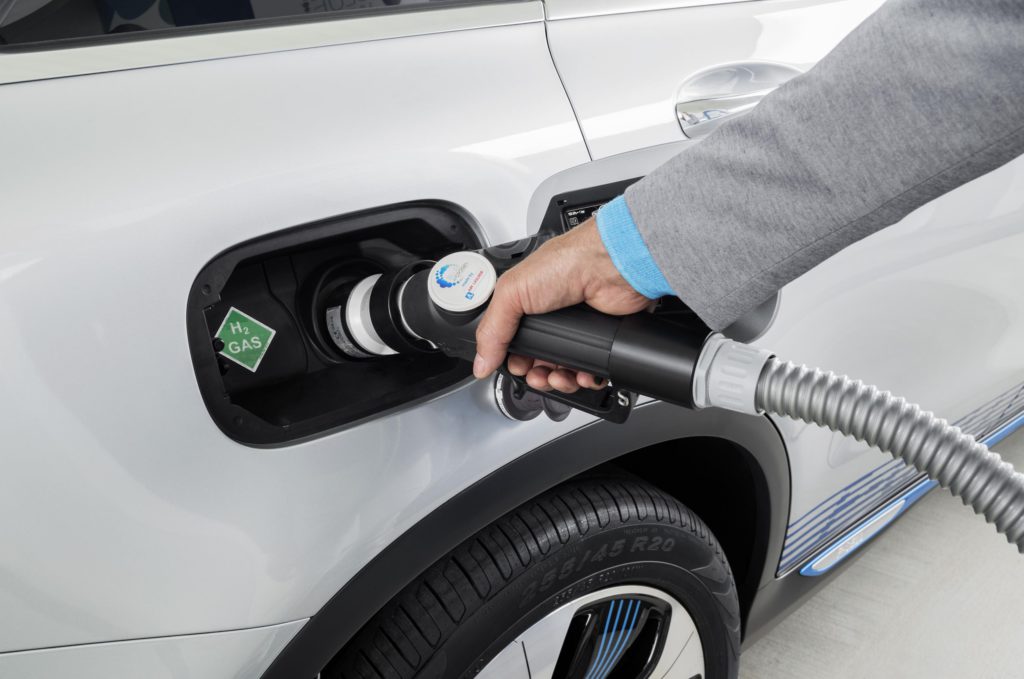Clean hydrogen strategy launched in EU
11 March 2020

11 March 2020
Europe's new industrial strategy will include a plan to create an EU-wide alliance for the development of ′clean hydrogen'.
The initiative will follow along the same lines as the European Battery Alliance, which has brought more than 200 companies, governments and research organisations together to develop manufacturing processes for batteries in Europe. The EU hopes to clear the Clean Hydrogen Strategy for a similar level of funding.
One criticism levelled at hydrogen is the amount of energy required for its production as a fuel. The new initiative will research and develop new ways to create hydrogen in a sustainable way so it can be used as part of Europe's plans to achieve net-zero carbon emissions by 2050.
Interest in hydrogen as a replacement for fossil fuels is increasing in Europe. Both Germany and the Netherlands are leading the calls for more research to allow them to supplement their heavy industrial processes with the fuel. However, the technology used to produce hydrogen cleanly (using electrolysis of water) is extremely expensive, making it an unviable solution for most governments.
Important step
Yet for the transport sector, hydrogen could be a game-changer when it comes to reducing emissions. The EU Commission highlights the benefits specifically to the aviation and road haulage industries, while several carmakers are also exploring the inclusion of hydrogen fuel cells in vehicles to boost their carbon-neutral credentials.
Toyota is one such carmaker. The Japanese business has been developing hydrogen-fuelled powertrains for two decades. They believe the technology is better for the industry and the environment than electric vehicles, which many companies are rushing into development to meet strict EU CO2 targets.
′Today, the uptake of the production and consumption of renewable or decarbonised hydrogen is slowed down by lack of political commitment, perfectible market design, important investment costs and varying technology readiness levels,' said Nicolas Jensen of Belgian company Eurogas during the consultation phase. ′Nevertheless, Europe has the potential to be a leader in this sector.'
′Coordination between economic actors and between sectors, such as mobility, energy, heating and industry, is key and can be better achieved within this type of structure, which can also leverage more resources for research and innovation.'
Joined-up thinking
′Deriving hydrogen cleanly from hydro, solar and wind power, directed through the water-splitting magic of modern electrolytic machinery, is possible,' said Autovista Group's head of content and product, Anthony Machin, in his review of the hydrogen industry in Europe last year. ′Such renewably-generated hydrogen could supply energy storage at scales many times beyond even the capacities of the largest battery systems, across Europe and in diverse economies throughout the world.
′In order to displace the carbon-laden fossil fuels now imperilling the climate, the oceans and the whole biosphere, the world needs to adopt something different, something storable at all scales, transmissible, fully functional as a fuel, and climate-neutral. Only hydrogen fits this particular bill.'